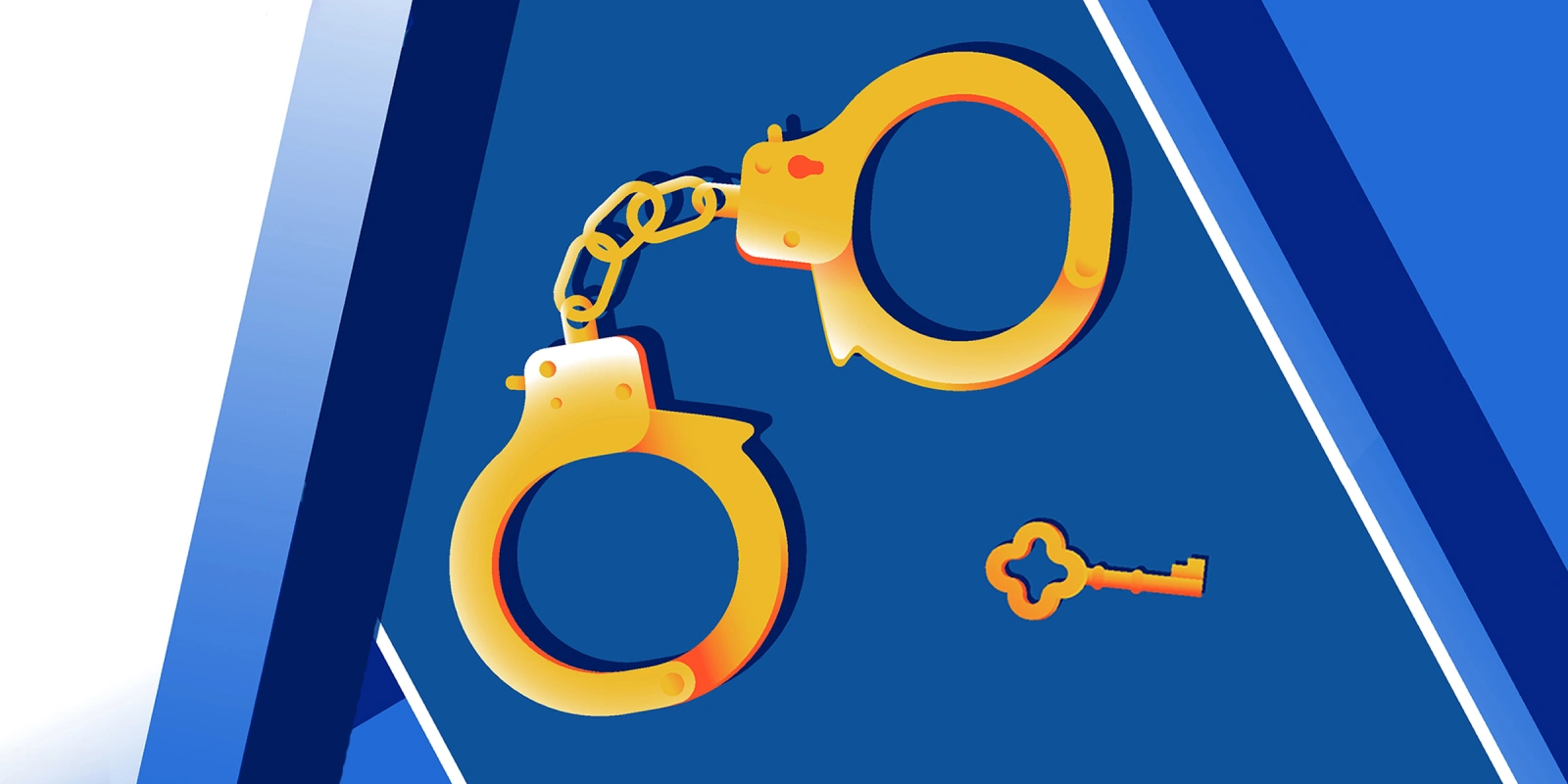Caring for people with mental illness in the health care system and keeping them out of the legal system is more of a priority for some communities than others, though most lament the problem. In many towns and cities an ongoing cycle of incarceration rather than treatment exists, especially for individuals with serious mental illness (SMI), an adult psychiatric disorder which has significantly impaired a person’s life and performance within the previous 12 months.
Across the U.S., 44% of people held in local jails and 37% of those in state and federal prisons have a history of any mental illness. Further, 20% of people in jails and 15% in state prisons have been identified as having SMI, and there are 10 times more people with SMI incarcerated in our legal system than living in state mental hospitals. The National Alliance on Mental Illness estimates that 63% of inmates with psychiatric diagnoses do not have access to treatment while confined, and 50% of those taking psychiatric medication are not allowed to continue with it during their time behind bars. This has certainly been the experience of my patients who have been legally detained, despite my aggressive advocacy for them.
Individuals in some communities, though, have stepped forward to create new systems that help end this often misguided or uninformed effort at optimal triage. People with stable mental illness are no more likely to commit violent crime than the average U.S. citizen. In fact, except for the period prior to and just following inpatient psychiatric treatment, they are less likely. Further, people with mental illness are more likely to be victims of violent crimes than the perpetrators of them. Getting more people the help they need, then, when in an acute mental health crisis, and prior to violent crime or following minor offenses, improves safety for all and reduces the burden and cost to our legal justice system. My home state of Texas, for example, while never a top spender in per capita mental health care (33rd in 2025), can point to some success with recent models of cross-departmental collaboration.
San Antonio, TX, the U.S.’s seventh largest city, has been lauded by the vaunted “Spotlight” team of the Boston Globe for having the most innovative and successful mental health diversion program in the country. Progress in this city was initiated by just three people: a psychiatrist, a clinician/mental health administrator, and a judge running the county government. Gradually, they created a coalition of hospital executives, local legislators, business leaders, first responders, other judges, and school administrators. This diverse group continues to meet and work cooperatively to address and treat people’s acute mental health needs first, before entering the legal system. A substantial number of first responders, dispatchers, and school administrators are regularly trained to encounter the acutely mentally ill and facilitate their entry into the mental health side of governmental intervention.
The San Antonio system has grown to encompass a “jail diversion center” that offers treatment, housing, and job training; an acute care center for emergency treatment; a discharge clinic that provides care for often months as patients wait for outpatient treatment appointments; and a campus for homeless people that is safe and offers social and additional psychiatric and non-psychiatric medical services, necessary in a nation that continues to experience the consequences of an inadequate number of psychiatrists.
The initial costs of these diversion programs have resulted in eventual cost savings for the city. Over an 8-year period, 100,000 people were diverted from jail and treated for their mental health symptoms, with an ultimate savings to local government of $100,000. Fewer people are in jail and more are off the streets and in treatment.
Ninety minutes away, Austin and Travis County late last year launched a new crisis care diversion center. The program is voluntary and addresses non-violent misdemeanor offenses, seeking to provide harm reduction, nutritional counseling, and housing navigation, in addition to psychiatric and other medical care. Other cities, including Miami, FL and Nashville, TN, have implemented similar programs, with notable success. Further, Nashville now has Mental Health Courts, which can remove penalties for people with SMI and provide a pathway to reintegration into families and the community. As more local governments become aware of the savings in crime and correctional facility costs that can be realized by switching a smaller amount of that money to mental health diversion programs, we can hope that the needs of the mentally ill and the safety and comfort of the entire community will be improved.
Ultimately, it is local will and shared leadership that drives change. The leaders of these programs stress that ongoing partnership, education, training, and communication are essential for creating and improving what is still an imperfect system. We can find solutions to seemingly hopeless and chronic health care problems, but it requires vision, commitment, and cooperation, often initiated by only a few individuals. The initiative of just three people — including a psychiatrist like myself — ultimately changed the lives of hundreds of thousands in one city. What problems in your community would benefit from your courage and energy?
Answer Dr. Putman's question in the comments!
Dr. Putman is the author of "Rational Psychopharmacology: A Book of Clinical Skills" and "Encountering Treatment Resistance: Solutions Through Reconceptualization." He blogs at drpaulputman.com. Dr. Putman is a 2024–2025 Doximity Op-Med Fellow.
Image by Moor Studio / Getty







